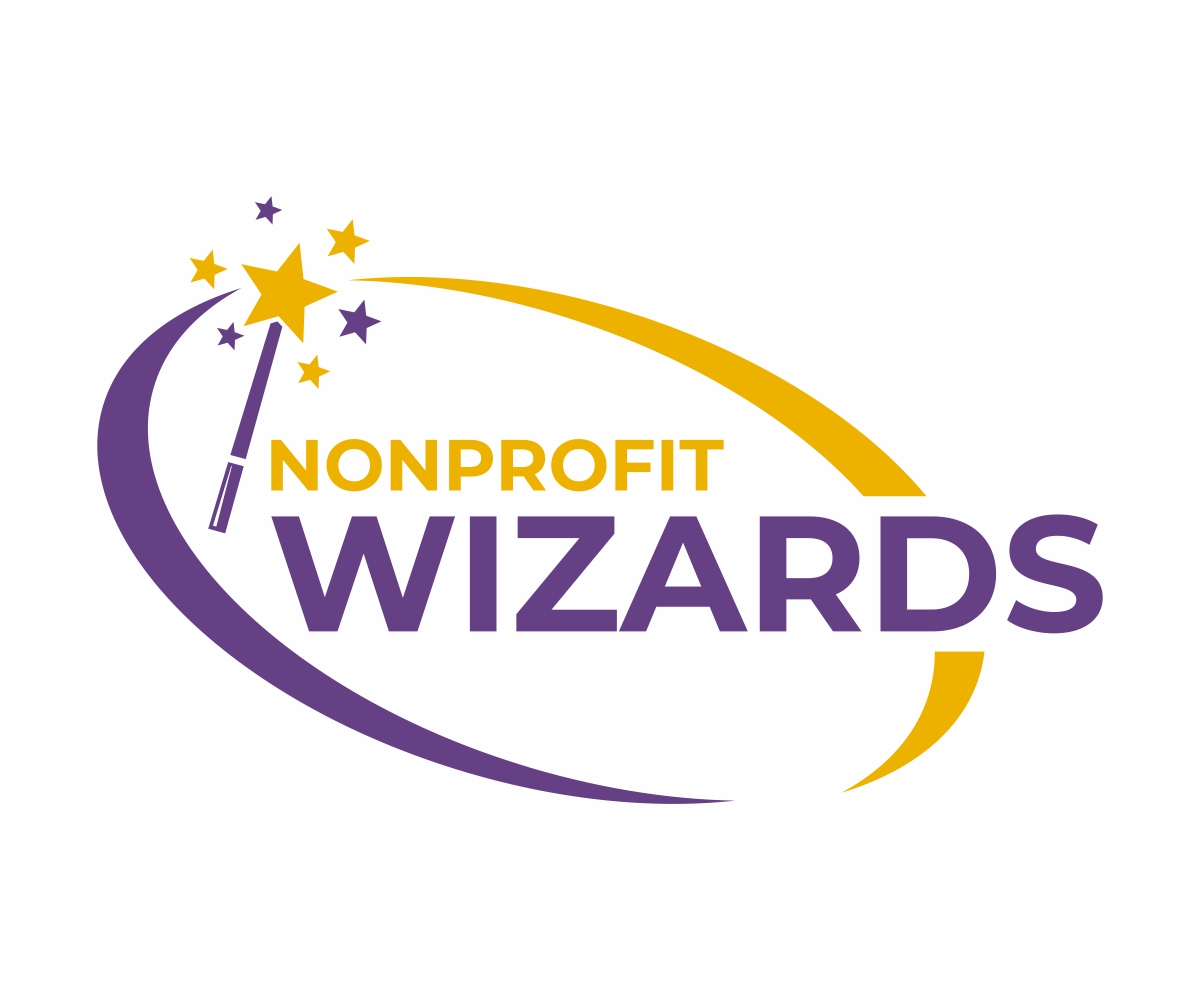“How would you spend a windfall?”
The voice on the phone was an old friend. We hadn’t spoken in years.
“I heard you were doing consulting,” she continued. “So you’re an expert now?”
I laughed. “I wouldn’t say I’m an expert. But, yes, people do tell me they appreciate my perspective when they are wrestling with complex problems…”
“And boards listen to you,” she cut me off, “even though you’re saying the same thing I’ve been saying for months!” This was a running joke with us back in the day.
“Yep,” I chimed in. “Human nature being what it is, sometimes it takes a fresh voice for the message to get through.”
I continued, “I will say, though, I do have the benefit of having a broader perspective than just one organization. Now I have the chance to take a good long look ‘under the hood’ of several organizations.”
“I know,” she answered, “I’m just giving you a hard time.”
“Here’s my question. We have fortunately been the beneficiary of a windfall. My board asked me to come up with a recommendation of how to spend it.”
“How would you spend it?”
Defining a windfall
My friend’s organization had gotten word of a surprise bequest they knew nothing about. A kindly woman remembered them in her will. This generous soul never told anyone. Furthermore, there were no directions or restrictions…simply to spend it in the way that does the most good.
However, I’m defining windfall as any money you have that you weren’t expecting. An annual operating surplus. Or a class-action settlement.
Or a Brinks truck accidentally crashes into your lobby and spills its contents…and they let you just keep it for your inconvenience.
These are all windfalls. Some are more likely than others.
My qualifications
To be clear, I don’t have any sort of certification to be giving this advice.
What I do have, though, is two decades plus experience in nonprofit organizations. All of it in finance-related positions.
And a brief stint in banking.
And a degree in business.
In other words, I’m not just spit-balling here.
That being said, there’s no official manual on the subject. Some people find my point of view controversial. You will likely be able to find other people whose advice conflicts with mine. Maybe members of your board. Bankers, Investment Advisors, CPAs, and whatnot.
Here’s the thing, though: they’re just giving their opinions, too.
How to spend a windfall
Okay, without further ado, here it is.
When allocating a windfall, think of cascading buckets:
- Eliminate debt.
- Build an adequate reserve fund.
- Invest in capital improvements.
- Invest in things that will help you earn more income or save expense in future years.
- Spend it on one-time events (employee bonuses, technology upgrades, etc.).
- Put it in the endowment.
Here is what you DON’T spend windfall money on: anything that will result in increased legacy costs. You know, things that you’ll have to include in your expense budget again next year. Like giving people raises.
You don’t want to accidentally create a problem for yourself in the future.
A special note of caution: even staff training and development or an appreciation party–while a wonderful thing to do–creates a legacy cost. If you don’t believe me, try NOT having a party a year after having a party. Or not letting anyone go to the annual conference a year after letting everyone go.
Reserve funds
There are no clear answers on the proper amount of reserve funds. Most advice is some variation of “it’s unique to each organization.”
That’s true, but we’ll take it a step further.
If your organization has a high percentage of earned income, from many small but steady transactions, and multiple diverse program lines, as little as three months operating expenses is sufficient. This was the case for my friend who is the director at a science center.
On the other hand, another organization I work with gets the majority of its revenue from two annual conferences, evenly spaced during the year. Their number is the equivalent to one conference being a complete bust (or half a year’s income).
Still another has a contract with one major funder. This has been a stable source of income for more than ten years now. Yes, they realize this is risky. And yes, they are working to diversify.
For them, they believe it is prudent to hold one year of operating income in reserve. That way, if contract negotiations blow up some time in the future, they’ve got a year to get things figured out.
Too much in reserve?
Can a reserve fund be too big?
Yes.
I’ve encountered organizations who save and save. They want to be ready for that “rainy day.”
And yet, when it does start raining, they still don’t want to dip into reserves. They must be waiting for a torrential downpour.
You want to deploy your capital effectively. Putting that money in a liquid account and earning 0.25% interest is not the best use of your money.
Also, you’re a mission-driven organization. If you’ve got a crazy-big reserve fund, you might want to have a philosophical conversation with your board. Could you be doing more for your constituents? Could you be offering more scholarships or charity care? Or whatever your model dictates?
My guess is that your mission is not to hoard cash.
Endowment
You may notice endowment is at the bottom of this list.
It is likely some “financial wizard” (not to be confused with a genuine Nonprofit Wizard) will advocate for the endowment because of the time value of money and power of compounding and blah, blah, blah.
They are wrong.
Now, I am quite conservative by nature. I appreciate the long-term benefit of a healthy endowment.
But I don’t subscribe to building endowment at all costs either. Especially if you have other more intriguing options at your disposal.
Think about it: if you can reinvest in your organization by building out a revenue generating program, one that increases annual income by 10%, then why would you be satisfied with endowment returns of 7%?
If you don’t have any realistic entrepreneurial options, though, go ahead and put it in the endowment.
What do you think?
Have you ever found yourself with a windfall?
I’d love to hear about it! Send me a message or hop over to the Nonprofit Wizards Facebook page!

Darren Macfee is the founder of the Nonprofit Wizards. He studies the habits and practices of wizards and then shares those with the world. He also strives to be a little better every day–as a husband, as a dad, and as a business professional.

